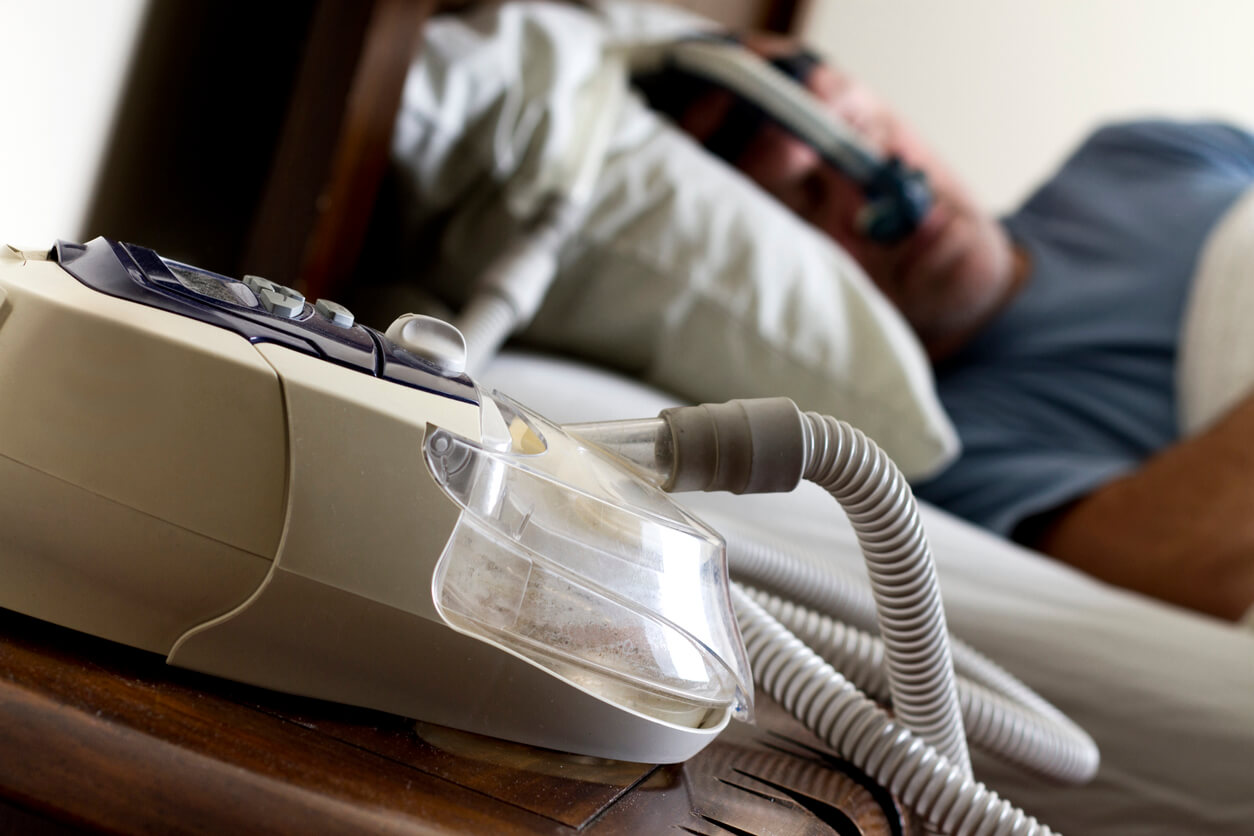Federal Court Finalizes Philips Consent Decree After CPAP Recall
Editors carefully fact-check all Drugwatch.com content for accuracy and quality.
Drugwatch.com has a stringent fact-checking process. It starts with our strict sourcing guidelines.
We only gather information from credible sources. This includes peer-reviewed medical journals, reputable media outlets, government reports, court records and interviews with qualified experts.

A federal court in Pennsylvania has ordered Philips Respironics and its affiliates to take steps to ensure the safety and compliance of their sleep apnea devices. The order comes as a result of a recall of millions of CPAP and BiPAP machines along with Philips ventilators due to health and safety concerns.
The companies must now follow strict rules to protect patients and meet regulatory standards.
“Philips Respironics has been working with the FDA and is already making significant changes in its organization, quality management systems and operations,” Steve C. de Baca, Philips’s chief patient safety and quality officer, said in a press release.
Philips voluntarily recalled roughly 20 different models of machines in June 2021 because they were causing health problems. The machines contained foam that could break down and potentially harm the people using them. The FDA received more than 100,000 reports of problems with the devices — including at least 561 deaths — related to the recalled machines in 2021.
A Milestone in Patient Protection: Consent Decree Terms
The consent decree, entered against Philips RS North America LLC and other related entities, restricts the production and sale of BiPAP and CPAP machines until certain conditions are met.
“The finalization of this decree is a significant milestone,” Dr. Jeff Shuren, director of the FDA’s Center for Devices and Radiological Health, said in a press release. “This also marks the first time a device company is providing a remediation payment option for a recalled device under a consent decree.”
The remediation plan marks a departure from traditional recall procedures.
Under the legal order, Philips must provide solutions to patients affected by faulty devices or offer partial refunds. The company must also show that it complies with FDA regulations for good manufacturing practices.
The order includes requirements for testing new materials, independent inspections of manufacturing facilities, and export restrictions to prioritize the needs of U.S. patients.
Financial Implications for Philips
The consent decree’s announcement comes amid CPAP lawsuits and significant financial implications for Philips. The company has already incurred costs of nearly $389 million in the fourth quarter of 2023, attributed to the recall and regulatory proceedings.
According to Reuters, news of the consent decree sent Philips shares up 3% in early trading after the terms were announced. In a statement, Philips remained steadfast in its commitment to restoring its business operations and serving millions of patients worldwide.
“Strengthening patient safety and quality remains Philips’ highest priority, and the increased scrutiny will help us improve even more,” Philips CEO Roy Jakobs said in a press release. “With the agreement on a consent decree for Philips Respironics in place, we now have a clear path forward to gradually restore the business, serving patients around the world.”